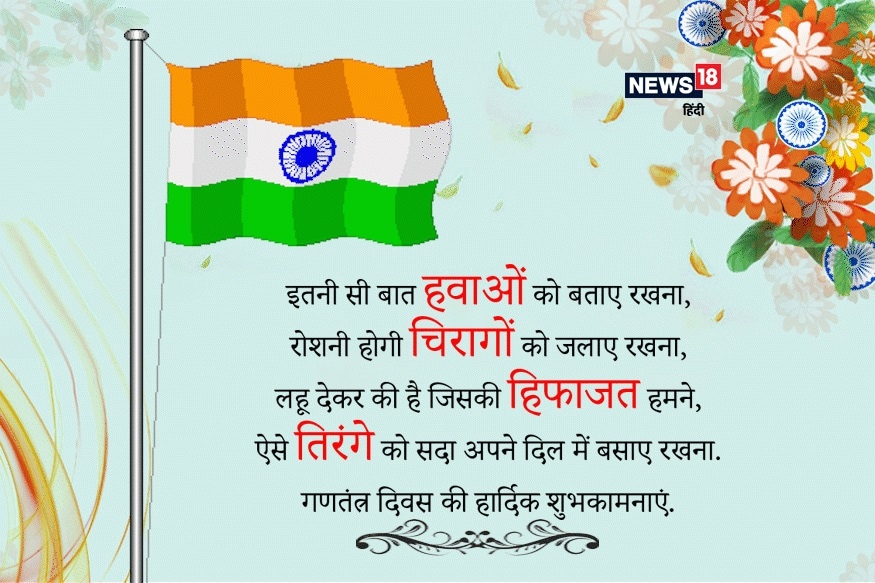The Constitution of India, a cornerstone of democratic governance in the country, took a monumental time of 2 years, 11 months, and 18 days to draft and finalize. It officially came into effect on January 26, 1950, marking a significant transition into a sovereign, democratic republic. This period of formulation was not merely a bureaucratic exercise; it was an embodiment of the aspirations and needs of a diverse nation, blending various cultures, languages, and philosophies.
Historical Context of the Indian Constitution
The framing of the Indian Constitution was influenced by a multitude of factors, including colonial history, socio-economic conditions, and the values of India’s freedom struggle. Post-independence, the framers had the monumental task of uniting a nation that had been divided along various lines for centuries. It was crucial to draft a document that respected the pluralistic nature of Indian society while providing a framework for governance.
Founding Fathers of the Constitution
The Constitution was drafted by the Constituent Assembly, composed of esteemed leaders who played a pivotal role in India’s independence movement. Notable figures included:
| Name | Contribution |
|---|---|
| Dr. B.R. Ambedkar | Chairman of the Drafting Committee, advocate for social justice and equality. |
| Jawaharlal Nehru | First Prime Minister, influenced the vision of a secular and democratic state. |
| Sardar Vallabhbhai Patel | Instrumental in unifying the princely states, emphasized national integration. |
| Maulana Abul Kalam Azad | Promoted education, cultural integration, and linguistic diversity. |
| Rajendra Prasad | First President of India, played a key role in the assembly proceedings. |
Key Features of the Constitution
The Indian Constitution is one of the longest written constitutions in the world, incorporating a variety of features to address the unique needs of Indian society:
- Fundamental Rights: These are essential human rights guaranteed to all citizens, including the right to equality, freedom, and protection against discrimination.
- Directive Principles of State Policy: Guidelines for the framing of laws and policies aimed at establishing social and economic justice.
- Federal Structure: A division of powers between the central and state governments ensures a balance of authority.
- Secularism: The state maintains an impartial stance towards all religions, promoting equal treatment.
The Significance of January 26
Choosing January 26 as the date for the Constitution’s enforcement holds historical importance. This date was already celebrated as the Indian National Congress’s Purna Swaraj Diwas in 1930, symbolizing the commitment to complete independence from British rule. The day is now celebrated annually as Republic Day, commemorating the adoption of the Constitution.
Republic Day Celebrations
The country’s Republic Day celebrations are a showcase of India’s cultural heritage, military prowess, and unity in diversity. The grand parade in New Delhi features:
- Displays of cultural diversity from various states.
- Military parades by the Indian Armed Forces.
- Tableaus that depict the country’s achievements and history.
Conclusion
The adoption of the Indian Constitution represents a historic milestone in establishing a framework for governance, justice, and equality. It holds the promise of safeguarding individual rights while advancing collective social goals. As we celebrate Republic Day each year, we not only pay homage to the remarkable work of our founding fathers but also reflect on the continuing evolution of democracy in India. The Constitution remains a living document, adapting to the changing needs of society while upholding the core values of freedom, equality, and fraternity.
